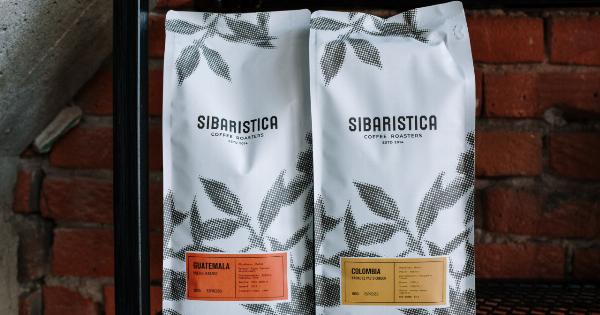When it comes to choosing between organic and non-organic products, it can be confusing to know which one is better for your health and the environment.
Organic products are grown or produced without the use of synthetic chemicals, pesticides, or fertilizers, while non-organic products may contain these substances.
Organic Products
Organic products are becoming increasingly popular as people become more health-conscious and aware of the impact of chemicals on the environment.
Organic farming methods involve using natural fertilizers, crop rotation, and the use of integrated pest management techniques to control pests and diseases.
Because no synthetic chemicals are used in organic farming, the soil is healthier and richer in nutrients. Organic crops are also free from genetically modified organisms (GMOs) and synthetic hormones that are commonly used in non-organic farming.
Non-Organic Products
Non-organic products are those that are grown or produced using synthetic chemicals, pesticides, and fertilizers. These chemicals can have harmful effects on the environment and on human health.
Non-organic products may also contain GMOs and synthetic hormones. GMOs are genetically modified organisms that have been altered in a laboratory to make them resistant to certain pests or to increase their yield.
Synthetic hormones are used in animal farming to speed up growth and increase milk production.
Benefits of Organic Products
Organic products have several benefits over non-organic products. These include:.
- Organic products are free from harmful chemicals and pesticides
- Organic products are often fresher and have a better taste
- Organic farming is better for the environment, as it reduces pollution and uses less energy
- Organic farming methods help to preserve soil quality and biodiversity
- Organic products are often higher in nutrients, such as vitamins and minerals
Drawbacks of Organic Products
While organic products have several benefits, there are also some drawbacks to consider. These include:.
- Organic products can be more expensive than non-organic products
- Organic farming methods can be less efficient and may result in lower yields
- There may be a limited selection of organic products available in some areas
Benefits of Non-Organic Products
Non-organic products also have some benefits to consider. These include:.
- Non-organic products are often less expensive than organic products
- Non-organic farming methods can be more efficient and may result in higher yields
- There is often a wider selection of non-organic products available
Drawbacks of Non-Organic Products
Non-organic products also have several drawbacks. These include:.
- Non-organic products may contain harmful chemicals and pesticides
- Non-organic farming methods can be harmful to the environment and can lead to soil degradation and pollution
- Non-organic products may contain GMOs and synthetic hormones
- Non-organic products may have a lower nutritional value than organic products
How to Choose Between Organic and Non-Organic Products
When choosing between organic and non-organic products, it is important to consider your personal preferences and values. If you are concerned about your health and the environment, organic products may be a better choice.
However, if you are on a tight budget or need to feed a large family, non-organic products may be more practical.
You can also look for labels on products to help you make an informed choice.
The USDA Organic label certifies that a product is made with at least 95% organic ingredients, while products labeled as “Made with Organic Ingredients” must contain at least 70% organic ingredients.
Ultimately, the choice between organic and non-organic products comes down to personal preference and values. By considering the benefits and drawbacks of both, you can make an informed choice that works for you and your family.































